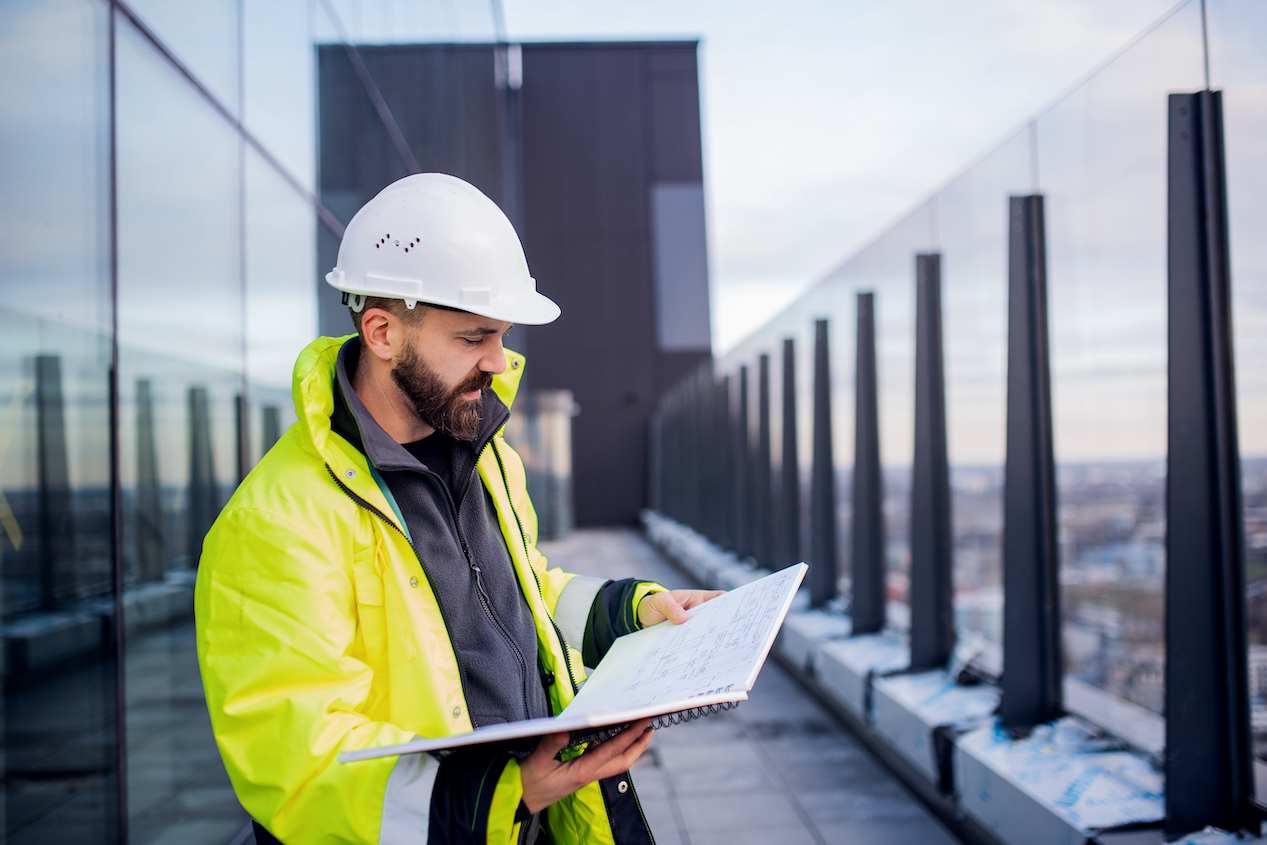Construction projects are inherently complex and fraught with risks that can potentially derail a project’s success. This is where the importance of risk management in construction comes into play. Risk management, when executed effectively, can greatly increase the likelihood of project success by identifying, analyzing, and responding to potential risks.
In this blog post, we will discuss the role of risk management in construction, its main components, and how it contributes to project success.
Understanding Risk in Construction
Risk in construction refers to the potential occurrence of an event that would have a negative impact on the project’s objectives. These risks can range from budget overruns and schedule delays to safety incidents and quality issues.
The Risk Management Process
The process of risk management in construction typically involves four main steps:
- Risk Identification: This is the first step in risk management where potential risks that could affect the project are identified.
- Risk Assessment: The identified risks are then assessed in terms of their potential impact on the project and their likelihood of occurrence.
- Risk Mitigation: In this stage, strategies are developed to mitigate the identified risks. This might involve avoiding the risk, reducing the impact or likelihood of the risk, transferring the risk to another party, or accepting the risk.
- Risk Monitoring: The final step involves the continual monitoring and reviewing of identified risks and the effectiveness of the mitigation strategies.
Key Areas of Risk in Construction
Risk management in construction should cover a wide array of risks. Here are some key areas:
Financial Risk
Construction projects often involve significant financial risks, including budget overruns and cash flow problems. Effective risk management can help predict and mitigate these issues.
Safety Risk
Safety is a paramount concern in construction. Risks such as worker injuries or safety incidents can have serious implications for a project.
Quality Risk
Quality risks can lead to rework, delays, and additional costs. Proper risk management can help ensure the project’s final product meets all specified standards and expectations.
Legal and Compliance Risk
Construction projects must comply with numerous laws and regulations. Non-compliance can lead to penalties, project delays, and reputational damage.
The Benefits of Risk Management in Construction
An effective risk management plan provides several benefits in a construction project:
Improved Project Planning
By identifying potential risks early in the project, better plans can be put in place to avoid or mitigate these risks.
Enhanced Safety
Risk management includes identifying potential safety hazards and implementing measures to prevent accidents and incidents.
Increased Efficiency
With fewer surprises and issues arising during the project, teams can work more efficiently and keep the project on track.
Greater Client Satisfaction
Clients appreciate transparency and being kept informed about potential risks and how they are being managed. This can lead to increased trust and satisfaction.
Managing Risk with Premium Construction
At Premium Construction, we understand that risk management is a crucial component of a successful construction project. Our experienced team follows a systematic approach to identify, analyze, and manage potential risks.
Our commitment to risk management helps ensure that your project is delivered on time, within budget, and to the highest quality standards. If you’d like to learn more about our approach to risk management, get in touch with us today.
Understanding and managing risk is an essential aspect of construction that can set your project up for success. Stay updated with our blog for more insights and industry best practices. Remember, when it comes to construction, make it premium!
Risk Management: A Constant Endeavor
It’s important to understand that risk management is not a one-time activity but a continuous process that must be carried out throughout the life cycle of the project. As projects evolve, so do the risks. Continuous monitoring and reviewing of the risk management strategies are critical to ensure their effectiveness.
Moreover, it’s also worth noting that the goal of risk management is not to eliminate all risks. Given the complex nature of construction projects, this would be an unrealistic expectation. Rather, the objective is to manage the risks to an acceptable level and make informed decisions.
Conclusion
Risk management in construction is not an option; it’s a necessity. While risks are inevitable, they can be managed effectively through a structured and systematic approach to risk management. By doing so, we can mitigate their potential impact and increase the likelihood of project success.
At Premium Construction, we are committed to effective risk management. We believe in proactive planning and action to mitigate risks before they become problematic. With us on your team, you can have confidence in your project’s successful completion, minimizing surprises and maximizing satisfaction.
To find out more about how we can help you navigate the complexities and risks of your next construction project, get in touch with us today. Your construction project deserves nothing less than Premium!
Experience the Premium Construction difference in your next project. Let’s redefine risk management together, shaping successful outcomes one project at a time.
Thank you for taking the time to read our blog post. Stay tuned for more insightful discussions on construction best practices and industry trends.
Remember, when it comes to construction, it’s not just about building structures, it’s about building trust, confidence, and long-lasting relationships. Let’s build something extraordinary together!

